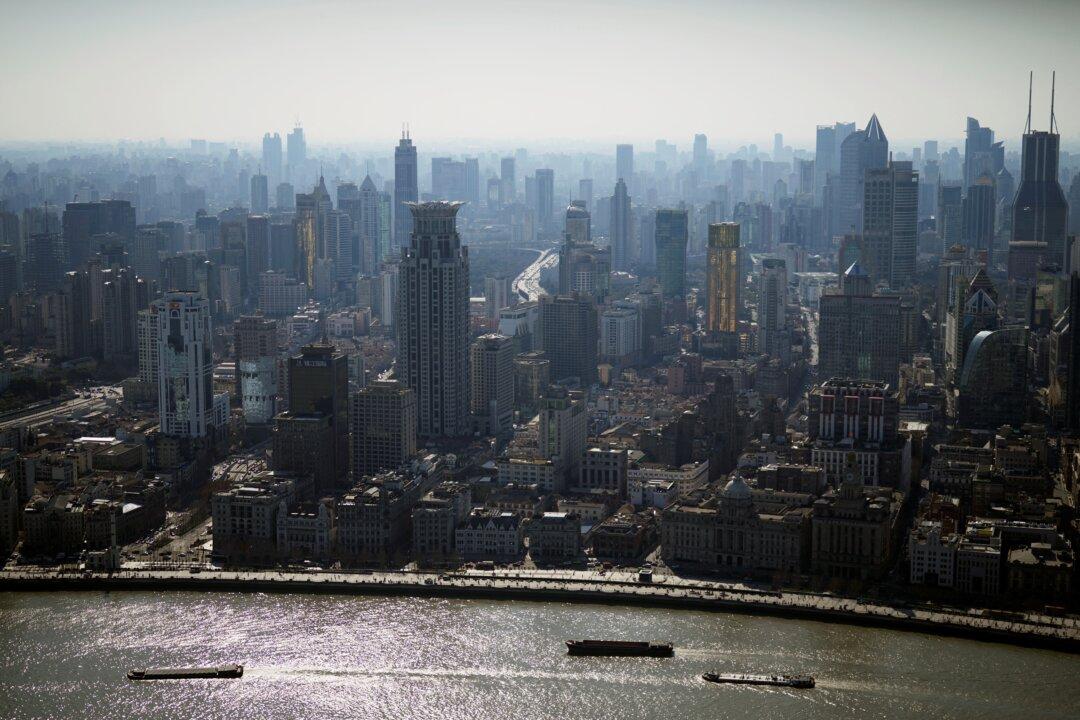Goldman Sachs and Citigroup have scaled down their growth forecast for China this year to 4.7 percent in recent days after the Chinese communist regime released its sluggish economic data for August.
The ruling Chinese Communist Party’s (CCP) official annual 5 percent growth rate set for this year is unlikely to be achieved.




